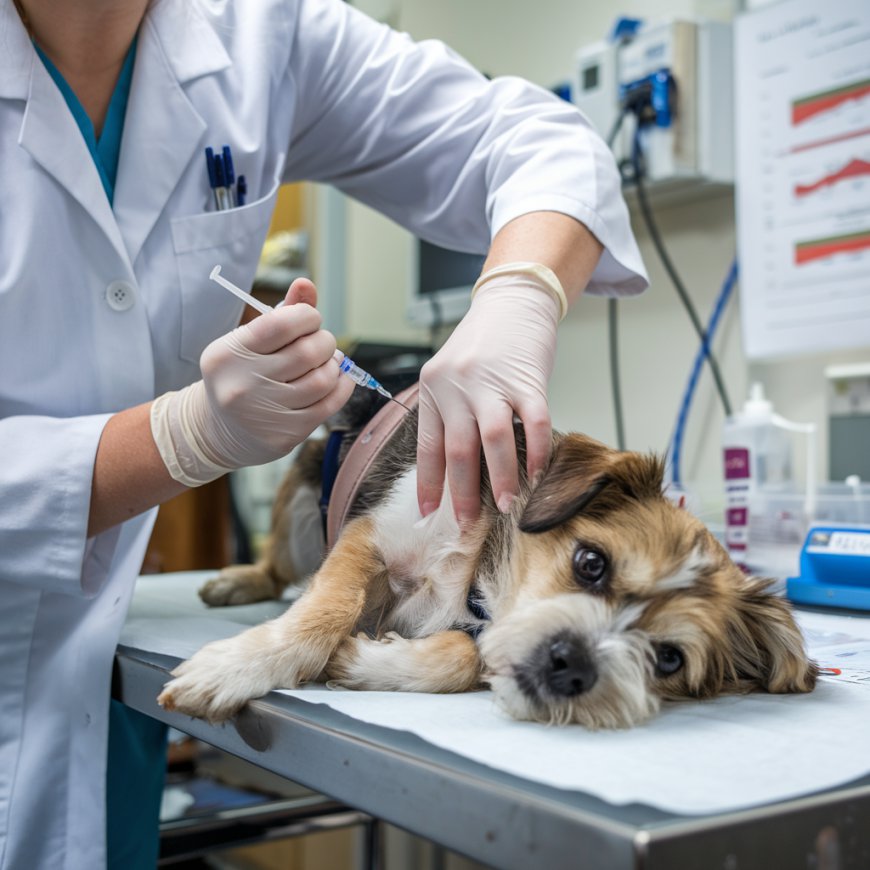Essential Guide to Kitten Vaccination: Ensuring Your Feline's Health at Chatswood Veterinary Clinic
Bringing a kitten into your home is an exciting experience, filled with joy, companionship, and endless playtime. However, as a responsible pet owner, it's crucial to prioritize your kitten's health right from the start, and one of the most important steps in their early care is vaccination.

At Chatswood Veterinary Clinic, we understand that navigating the world of kitten vaccinations can be overwhelming, so we’ve created this comprehensive guide to help you understand why vaccinations are essential and what you need to know for your new furry friend.
Why Are Kitten Vaccinations Important?
Vaccinations play a critical role in protecting your kitten from a variety of serious diseases that can pose significant health risks. Kittens are particularly vulnerable to infections because their immune systems are still developing. Here are some key reasons why vaccinations are essential:
-
Prevention of Disease: Vaccines protect against several potentially fatal diseases, including feline panleukopenia, feline calicivirus, and feline herpesvirus. These diseases can lead to severe health complications and, in some cases, be life-threatening.
-
Community Health: Vaccinating your kitten helps protect not only their health but also the health of other animals in your community. By reducing the spread of contagious diseases, you contribute to the overall well-being of the pet population.
-
Legal and Social Responsibilities: Some regions and facilities require proof of vaccination for pets. Keeping your kitten up-to-date with vaccinations ensures compliance with local laws and social settings, such as boarding facilities or grooming salons.
Recommended Vaccination Schedule
At Chatswood Veterinary Clinic, we recommend the following vaccination schedule for kittens:
- 6-8 weeks: Initial vaccinations, including the FVRCP vaccine (feline viral rhinotracheitis, calicivirus, and panleukopenia).
- 10-12 weeks: Booster for the FVRCP vaccine and the first dose of the rabies vaccine (if applicable, depending on local laws).
- 14-16 weeks: Final booster for the FVRCP vaccine and rabies vaccine.
After this initial series, your kitten will require annual booster shots to maintain immunity against these diseases.
What to Expect During the Vaccination Visit
When you bring your kitten to Chatswood Veterinary Clinic for vaccinations, our compassionate and knowledgeable veterinary team will:
- Conduct a thorough health check to ensure your kitten is fit for vaccination.
- Administer the appropriate vaccines based on age and health status.
- Discuss potential side effects and aftercare instructions to ensure your kitten's comfort.
- Provide you with a vaccination record for your records and future veterinary visits.
Additional Tips for Kitten Care
In addition to vaccinations, consider these essential tips for caring for your new kitten:
- Regular Vet Visits: Schedule regular check-ups with our team to monitor your kitten's growth and health.
- Nutrition: Provide a balanced diet specifically formulated for kittens to support their growth and development.
- Socialization: Expose your kitten to various environments, people, and other pets to help them become well-adjusted adults.
Conclusion
Vaccinating your kitten is one of the most important steps you can take as a responsible pet owner. At Chatswood Veterinary Clinic, we are dedicated to providing the best care for your furry family member. If you have any questions about kitten vaccinations or would like to schedule an appointment, please don’t hesitate to contact us. Let’s work together to ensure your kitten grows up healthy and happy!
